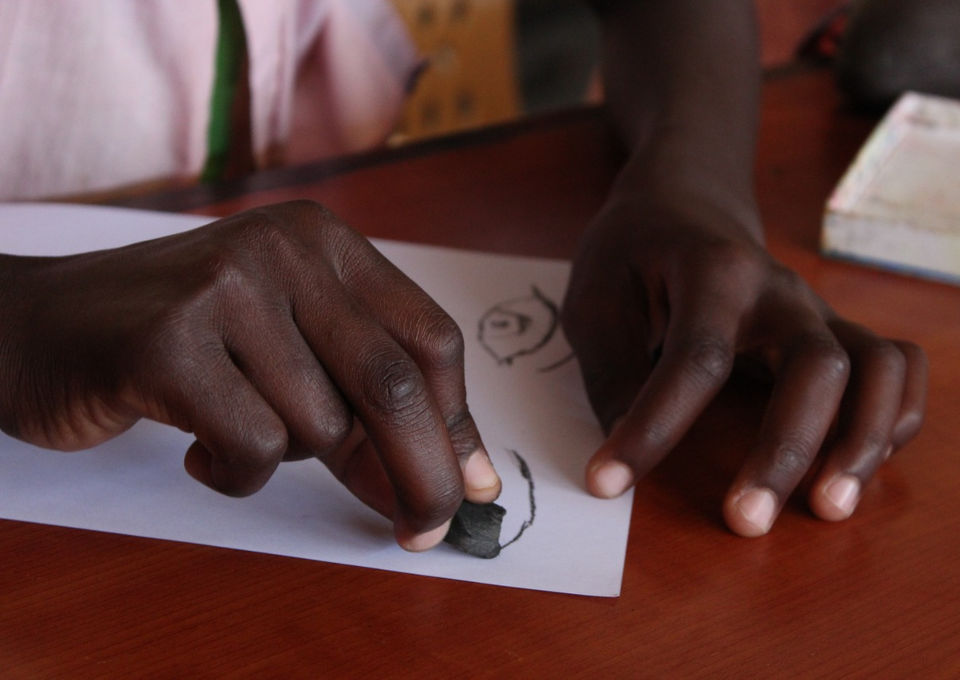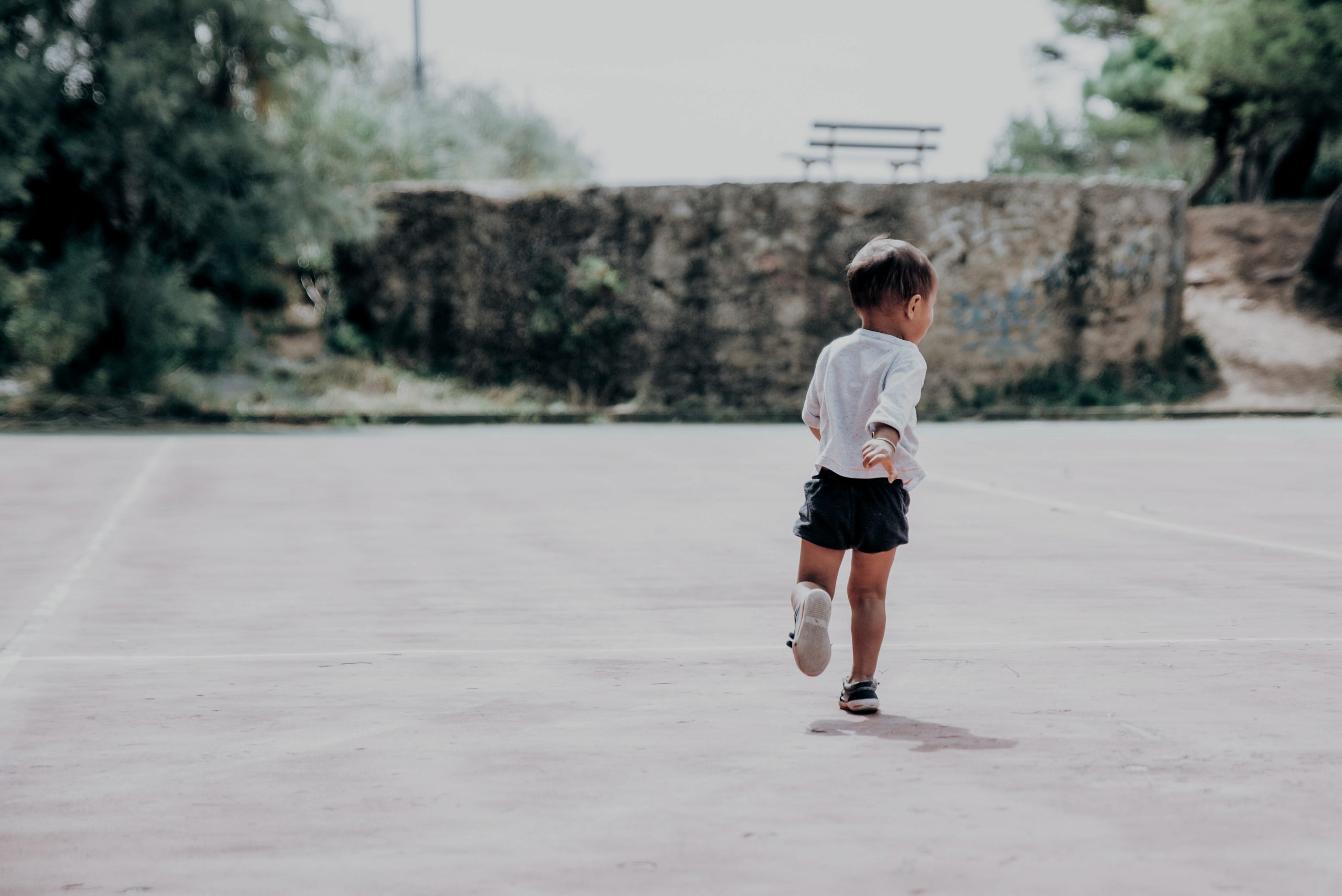Children in Care & Adoption
-
Reframing adoption in education through identity
For adoptees, a persistent and enduring education attainment gap exists. Experiences of schooling are further impacted by wider contextual factors, such as the construction of a consistent and coherent adoption narrative. Adopted children are set apart from most of their peers in relation to their experience of early adversities, leading to an entirely different family… Read More
-
KEEPING CONNECTED
An adopted child’s identity will always encompass multiple elements and a child’s long term psychological and mental health depends on finding answers to fundamental questions about who they are. All children looked after will have a contact plan, including those to be adopted. This can be either direct/face-to-face or indirect (e.g., ‘letterbox’[1]). For many years… Read More
-
Early Permanence
Early Permanence is a child-centred practice that offers stability at a very early stage, preventing multiple moves and the associated trauma of separation from and loss of attachment figures, until a court has reached a decision about the final care plan for a child. The need for good quality care planning for children and twin… Read More
-
Race in Adoption, the Absent Presence.
In the 1960’s children from Black and Global Majority backgrounds were considered unadoptable and transracial adoption (TRA) was encouraged to prevent children from staying in long-term foster or residential care. Though as the testimonies of some transracially adopted adults were heard, the ability of TRA to provide children with positive racial/ethnic identities and a sense… Read More
-
Two mothers, one child: an adoptive mother and birth mother with direct contact
Abbie lived in the South of England and had been invited to help on the playscheme, because she had knowledge and experience of a type of communication strategy that the school were trying to introduce. I had been family finding for T for about a year and had found one potential match which fell through.… Read More
-
Why do prospective adoptive parents choose to adopt older children?
The assessment process Prospective adoptive parents in the UK context are required to go through an assessment process. As part of the assessment process, prospective parents are required to undertake adoption preparation training where they learn about the potential needs of children who will be placed with them. During this preparation and assessment process, prospective… Read More
-
Understanding differences in care rates between local authorities
The last 20 years has seen a huge increase in the rates of children in care in Wales…








